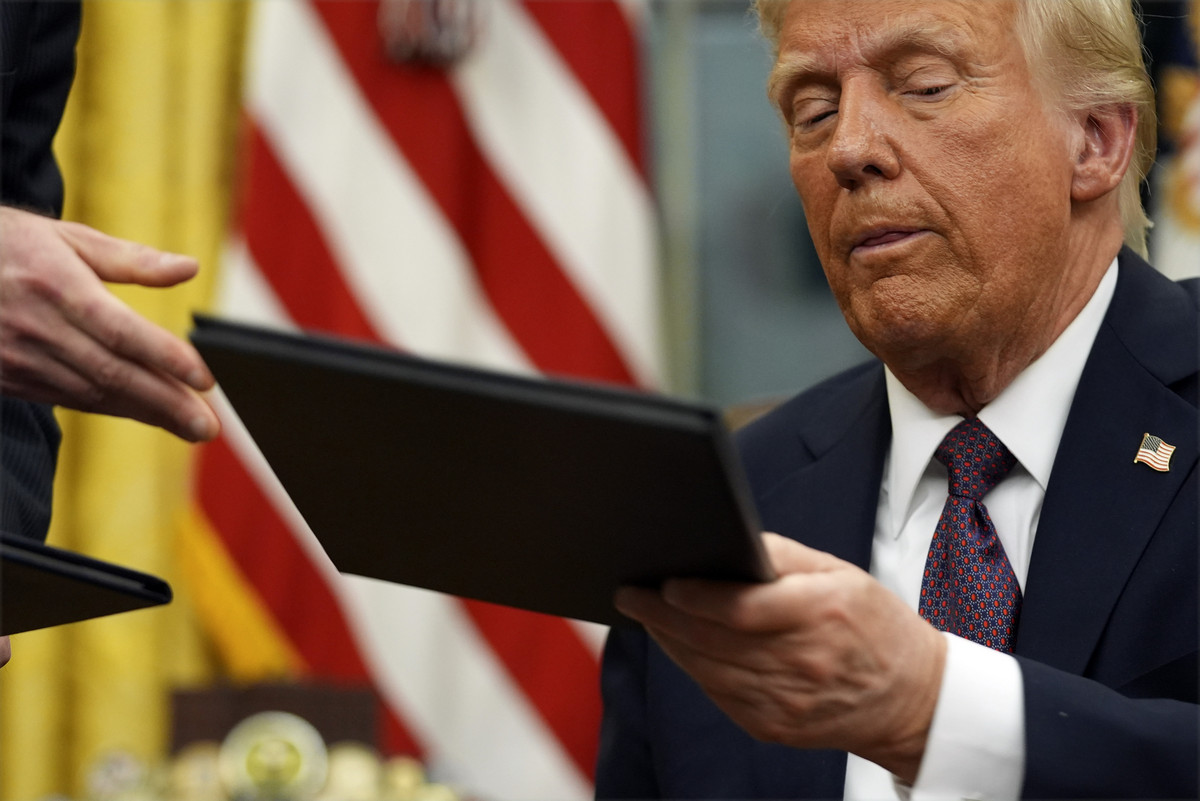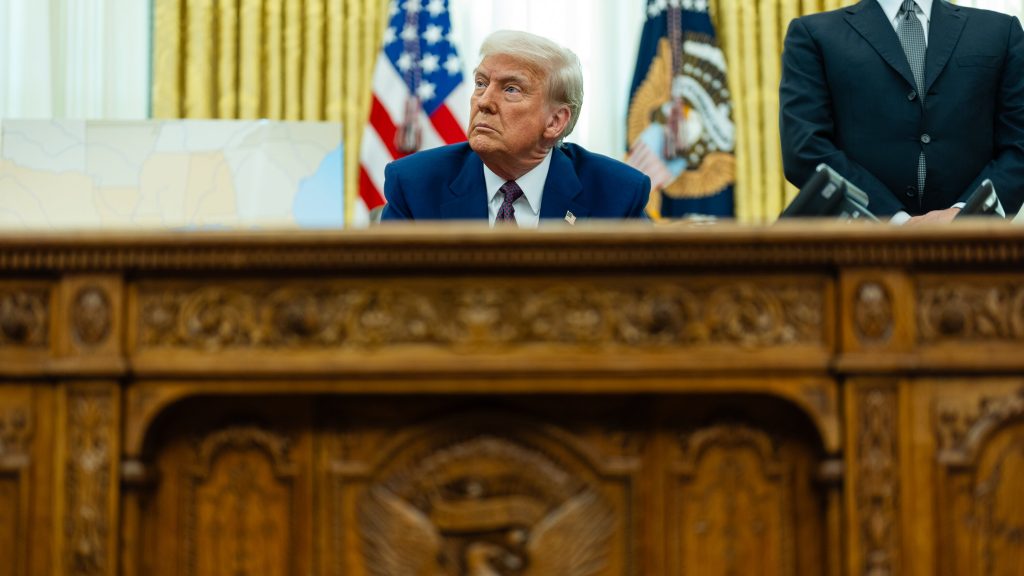A federal judge has issued a significant ruling against the Trump administration’s policy that sought to restrict transgender and nonbinary individuals from obtaining passports reflecting their gender identities. This decision marks a pivotal moment in the ongoing legal battles over LGBTQ+ rights in the United States.
Background: The Executive Order and Its Implications
In January 2025, President Donald Trump signed an executive order titled “Defending Women From Gender Ideology Extremism and Restoring Biological Truth to the Federal Government.” This directive mandated that federal agencies, including the State Department, recognize only two genders—male and female—based on sex assigned at birth. Consequently, the State Department ceased issuing passports with an “X” gender marker and halted processing applications seeking to change gender markers, effectively reversing policies from the previous administration that allowed for such changes .

Legal Challenge by the ACLU
In response to the executive order, the American Civil Liberties Union (ACLU) filed a lawsuit on behalf of seven transgender and nonbinary plaintiffs. The plaintiffs argued that the policy violated their constitutional rights, including equal protection under the Fifth Amendment, freedom of expression under the First Amendment, and due process rights. They contended that being forced to carry identification documents that do not reflect their gender identity exposes them to discrimination, harassment, and potential violence .
Court Ruling: A Victory for LGBTQ+ Rights
On April 18, 2025, U.S. District Judge Julia Kobick granted a preliminary injunction, blocking the enforcement of the passport policy for six of the seven plaintiffs. Judge Kobick ruled that the policy likely violates the Fifth Amendment’s equal protection principles and is based on irrational prejudice against transgender individuals. She emphasized that the government failed to demonstrate that the policy serves an important governmental interest, as required under intermediate judicial scrutiny .
Broader Implications and International Response
The court’s decision has broader implications for the rights of transgender and nonbinary individuals in the United States. While the injunction currently applies only to the plaintiffs in the case, the ACLU has expressed its intention to seek broader national application of the ruling. Internationally, countries like Denmark and Finland have updated their travel advisories, urging transgender individuals to exercise caution when traveling to the U.S. due to potential issues with travel documents.

Ongoing Legal and Political Debate
The legal battle over transgender and nonbinary passport rights is far from over. While the preliminary injunction is a temporary victory, the case will proceed to trial, where a permanent resolution will be sought. Civil rights advocates argue that the Trump administration’s stance is part of a broader pattern of targeting LGBTQ+ individuals under the guise of preserving traditional values. Meanwhile, supporters of the policy claim it restores clarity to federal documentation and aligns with biological definitions of sex. However, opponents stress that identity documents must reflect lived reality to ensure safety and dignity for all individuals, regardless of gender identity.
Conclusion
The federal court’s ruling represents a significant setback for the Trump administration’s efforts to restrict the rights of transgender and nonbinary individuals. It underscores the judiciary’s role in upholding constitutional protections against discriminatory policies. As legal challenges continue, the outcome of this case may set a precedent for future policies affecting the LGBTQ+ community in the United States.

















